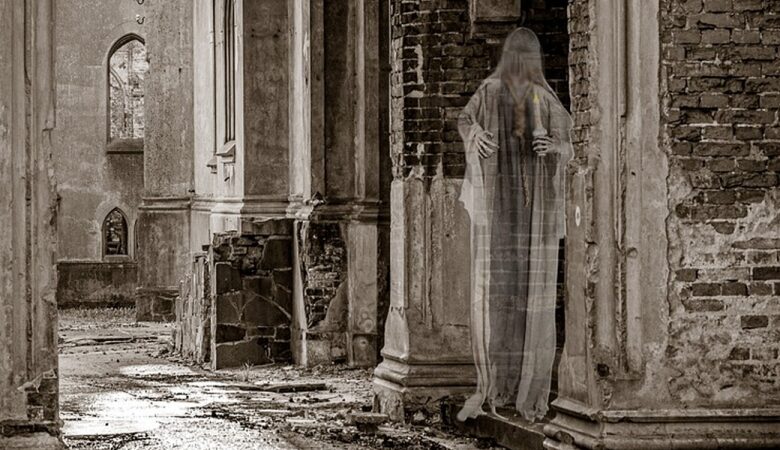Breaking Down The Concept & Meaning Of Spirits

Spirits are often associated with specific locations where significant life events, traumatic experiences, or deaths occurred. These are the places where the essence or soul of a person who has passed away might linger, often due to unresolved issues, a strong emotional attachment, or a sudden and violent end.
The terms “spirit” and “ghost” are often used interchangeably, but a ghost is generally said to be an apparition or the visible, sometimes audible, manifestation of a spirit. Typically, when people speak of seeing a ghost, they’re referring to the perceived image of a deceased individual. The appearance of a ghost is what most would consider a haunting, where the spirit actively makes its presence known.
Spirits generally refer to the life force of humans, animals, or elements of nature from the living world around us that is, our plane of existence. This distinction sets spirits apart from other supernatural entities like demons, which are said to have never been human and have never existed in our plane of existence. Demonic presences are typically associated with extremely negative phenomena, unlike spirits, which might be benign or merely reflective of their past lives.
Spirits are also distinct from residual hauntings, which aren’t believed to involve spirits or conscious entities at all. Instead, they are more like recordings of past events. The theory is that intense emotions or traumatic events can leave an imprint on the environment that can replay itself under certain conditions. A spirit is classified as an intelligent or interactive haunting that is capable of communicating or causing activity that seems to acknowledge its presence and awareness of those around it.
This makes it difficult to categorise poltergeists, who are known for causing physical disturbances such as loud noises, moving objects, and sometimes even harm to the individuals in their vicinity. This behaviour suggests that poltergeists are intelligent or interactive hauntings, suggesting they could be spirit-driven. Although some paranormal researchers suggest that poltergeist phenomena might not involve spirits at all but could be the result of psychokinetic energy unconsciously produced by living people, often adolescents undergoing emotional stress.
This ambiguity highlights the issues with distinguishing between different types of supernatural beings like spirits, poltergeists, or demons. All these entities are generally invisible and largely detectable only through indirect means. For example, demons are said to impersonate child spirits, making it impossible to tell the two apart. Similarly, it’s impossible to tell the difference between a malevolent demon or mischievous poltergeist and a spirit. There are good and evil people in life, so it follows that there should be evil spirits too, capable of negative behaviour.
One way that investigators might attempt to work out the type of entity involves looking at the context of the activity and the specific behaviours exhibited. Knowing the history of a location can provide clues. For example, if the history of a house includes a tragic death or if a battlefield has a history of significant loss and suffering, paranormal investigators might suspect that the activities noted could be manifestations of the spirits of those who once lived or died there. Especially if the activities they produce can be seen as attempts to communicate or make their presence felt.
This might include auditory phenomena such as footsteps or knocking, visual apparitions, or even the manipulation of objects in a manner that seems personally significant or emotionally charged. If these interactions are intimidating or malevolent, this might suggest something darker, like a demon.
The existence of spirits and the ability of mediums and ghost hunters to communicate with them remain subjects of debate and personal belief. But by understanding the characteristics of spirits and other entities, ghost hunters can better plan their investigations and the search for evidence.



